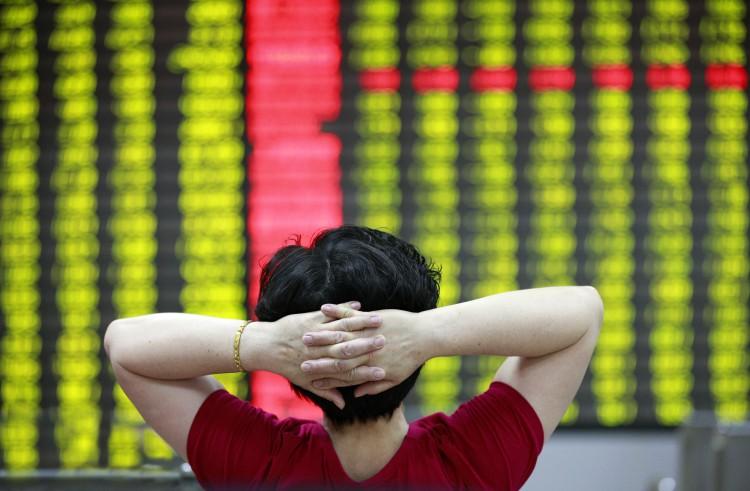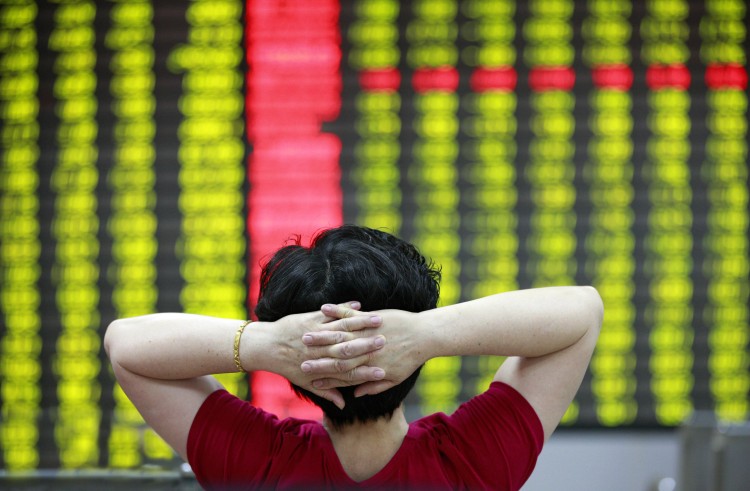Many Chinese netizens took to China’s microblogging service, Sina Weibo, to express their concern over the recent announcement by The People’s Bank of China that it would cut benchmark interest rates. Netizens fear the reduced interest rates could lead to higher prices, but analysts believe the move is an attempt by the Chinese government to boost their staggering economy.
On June 7, China’s central bank, The People’s Bank of China, announced that it would cut benchmark interest rates by 25 basis points, spurring a drop in lending rates from 6.56 percent to 6.31 percent and deposit rates from 3.5 percent to 3.25 percent. This is China’s first rate-cut since December 2008.
Chinese netizens worry that these cuts will lead to inflation and reduce the value of Chinese currency.
Weibo user Saulchen said, “China’s central bank is cutting its interest rates. Looks like there’s going to be inflation again!”
A user from Anhui Province wrote, “The renminbi (yuan) is worth less and less. How are we going to live the rest of our days?”
Zhang Tianliang, a professor at George Mason University and a frequent media commentator on contemporary Chinese affairs, believes the rate cuts could have either a positive impact or severe consequences for Hu Jintao and Wen Jiabao.
“The Chinese Communist Party has continually used the effectiveness of their rule (economic development) to replace the legitimacy of their rule (democratic elections),” says Zhang. “They suppress differing opinions using the excuse that ‘development can only come after stability.’ So, once economic development comes to a standstill, they no longer have an excuse to maintain their rule. If the economy levels off, then the Hu-Wen group will be able to control the situation. If the economy nosedives, then the people’s anger will be hard to suppress.”
Based on the comments posted by Chinese netizens, the people do not have much confidence in the possibility that these rate cuts can help in leveling off the economy.
Another writer from Shanghai posted, “The CPI [Consumer Price Index] figures have not gone down yet, but they [Chinese authorities] lowered the interest rates. This is obviously [their way of] plundering the ordinary citizen’s wealth in order to promote speculation on the market.”
Similarly, a Weibo user from Ningbo City, Zhejiang Province believes that the reduced interest rates will ultimately do more harm than good to the people of China. She suggested that even with reduced interest rates, mortgage rates could only go so low; instead, rising commodity prices and inflation are more of a concern. “For a 20-year loan of $1 million [yuan], I only get to repay $35,900 less … inflation is before us, the common people are the ones who suffer the most! Our money has become worthless.”
Bloomberg’s Businessweek reported in When the Chinese Cut Rates, Its Time to Worry that economists are expecting more rate cuts by the central bank later this year.
With reporting by Ariel Tian.
Click www.ept.ms/ccp-crisis to read about the most recent developments in the ongoing crisis within the Chinese communist regime. In this special topic, we provide readers with the necessary context to understand the situation. Get the RSS feed. Get the new interactive Timeline of Events. Who are the Major Players? ![]()
The Epoch Times publishes in 35 countries and in 19 languages. Subscribe to our e-newsletter.







